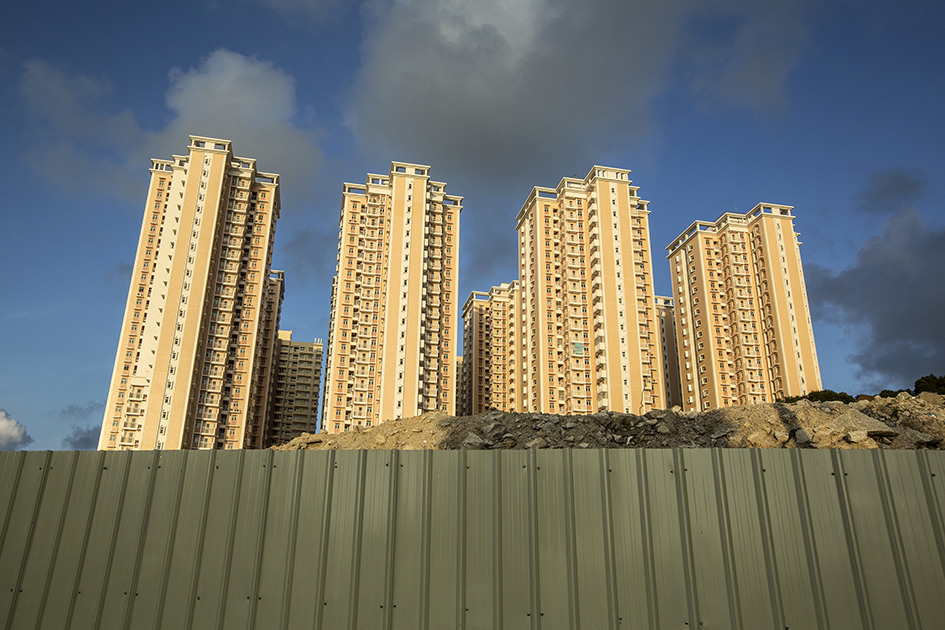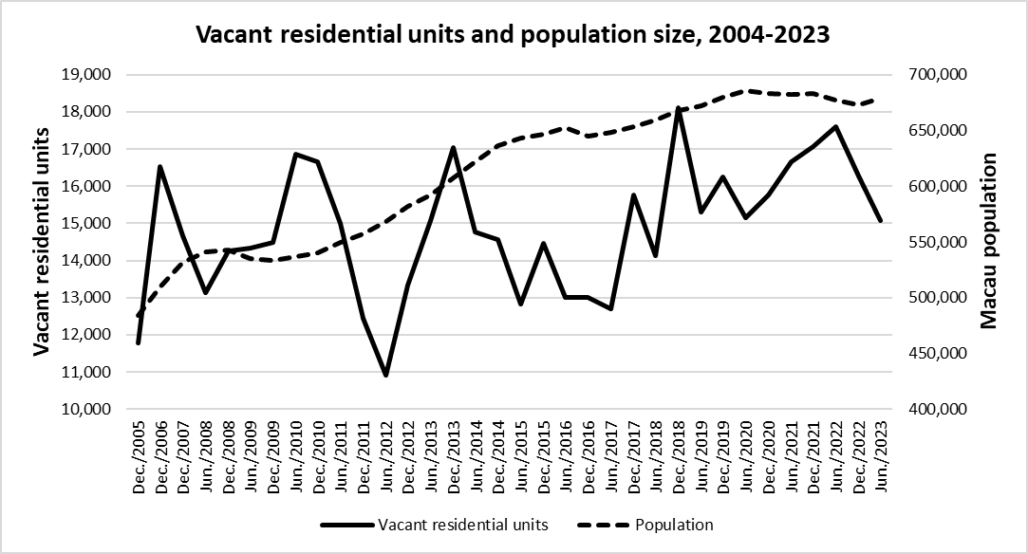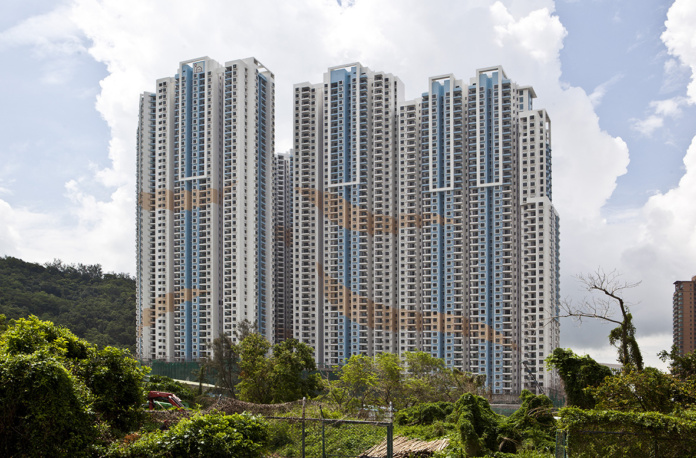
Macau Business | May 2024
Keith Morrison – Author and educationist
The year-on-year drop in Macau’s residential property index (RPI) (a measure of the change in the average price paid by households for residential properties) shows little sign of abating. Gone are the pre-pandemic days of massive residential price increases. From November 2022 to January 2023 the overall RPI fell by 7.4 per cent year on year; from November 2023 to January 2024 it fell by 5.6 per cent year on year (latest figures at the time of writing). For the Macao peninsula, the fall for the same periods was 7.7 per cent and 5.2 per cent respectively; for Taipa/Coloane it was 6.3 per cent and 7.4 per cent respectively. These are significant falls. One would have thought that this was good news for residential property buyers, but is it?
Not much. This is little solace for thousands of would-be residential property owners in Macau. And why? Because such property is still unaffordable for very many people. Whether a property is 6 million MOP or 16 million MOP makes little difference if you cannot afford either, and both are beyond the reach of many of Macau’s citizens. Macau’s property price-to-income ratio for March 2024 was rated as ‘very high’ by Numbeo, one of the world’s largest cost-of-living databases.
The solution is not simply to provide more residential properties. Rather, it depends on what is affordable, available, and in the appropriate price bracket for new starters on the property ladder. It is not rocket science to work this out; Economics 101: supply and demand. Providing affordable residential property for purchase is a problem that will not go away, since, as the graph shows, the ongoing rise in Macau’s population continues to outstrip the number of vacant residential units.

There is only a small correlation between population and vacant residential units in the last ten years (32 per cent for statistics geeks), there being many other factors involved in finding residential property for Macau’s citizens. However, this does little to ease the plight of those in the 28-34 age group (115,000 people), i.e. those seeking to start on the property ladder. They appear to have no hope of ever being able to buy their own property. Rather, they are condemned to paying rent for years with nothing to show for it, whilst filling the pockets of lessors who raise the rent at will. Lessees in this age group are unable to amass sufficient money to pay for the initial deposit on a property, unless, as one sees in other parts of the world, the family members, typically the parents, are the bank.
Put it this way: if you are in a senior position at work (administrator, manager, or professional), or a technician, i.e. 34 per cent of the employed resident population, then your median salary (27,000 MOP and higher) might let you start on the residential property ladder. But how many of those in the 25-34 age group (currently 75,000, i.e. 26 per cent of the resident workforce) are at this level of job and salary? In Macau, 187,800 people (66 per cent of the resident workforce) earn a median monthly salary below 20,000 MOP; how will they ever have enough money to buy their own residential property? Answer: they won’t.
The press for cheap, affordable residential property is immense. Even though the well-intentioned Macau government is taking steps to address this, those in the 28-34 age bracket still find it unaffordable. The drop in the residential property index offers little comfort to those who are on low incomes, so property owners and rentiers continue to leech money from the low paid, greedily reluctant to bring down their prices. Where is the affordable vacant residential property for purchase by the low-paid in Macau?
Why does there continue to be insufficient affordable residential accommodation for so many of Macau’s employed resident population to purchase and, thereby, to live in the security of their own home? What security of accommodation is there in a territory that purports to place such significance on security? Maybe security here is about what you cannot do rather than what you can do in Macau.

Source: DSEC (latest figures available)
























